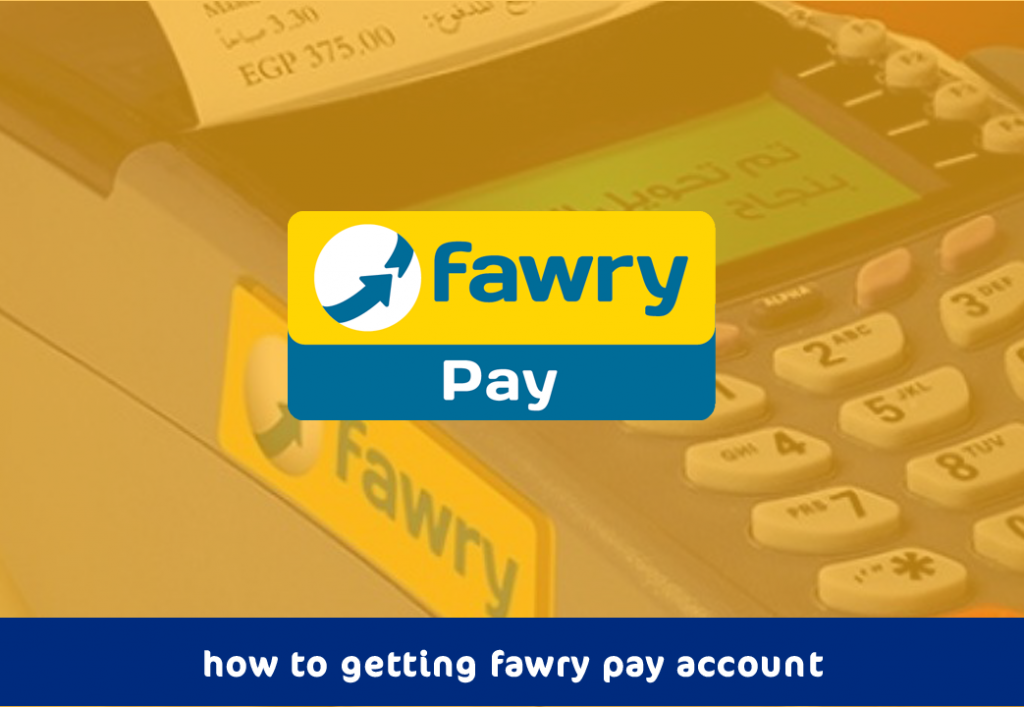Processing Bringing in sales is important for any eCommerce store, but an aspect that’s often overlooked is how to bring the money in.
This involves choosing the best WordPress payment gateway for your needs.
Ecommerce transactions involve a series of steps that eventually lead to a completed checkout. Because customers can drop off at any stage for a number of reasons, you want to create the most seamless experience possible in order to encourage the customer to convert.
With this in mind, all of your efforts will ultimately be for naught if there’s a problem accepting a customer’s payment.
As such, if your WordPress payment process is too difficult or limiting, the customer might still abandon their cart at this point.
Among the top reasons why a customer abandons their shopping cart is because of concerns regarding payment security.
WordPress is one of the most popular platforms from which to build modern eCommerce stores.
Let’s dive deeper into the mechanics behind WordPress payment processing:
What’s Involved in an Online WordPress Payment Transaction?
There are three parties involved when processing online payments: the merchant, the customer, and the technology.
- The merchant (you) accepts credit card payments. You need to partner with a merchant bank (also referred to as an acquirer) that accepts payments and deposits them into a merchant account (this is usually known as the payment processor).
- The customer that initiates transactions online usually opts to settle their accounts using credit or debit cards. Specifically, according to Statista, 42% of online shoppers prefer to pay via credit card, 39% prefer to pay via electronic methods (Paypal included), and 28% prefer to pay using debit cards.
- The technology includes the payment processor and the payment gateway.
WordPress Payment Processors vs. WordPress Payment Gateways: What’s the Difference?
There’s a very small distinction between a payment processor and payment gateway, but the line has been blurred as of late.
Previously, there was a need to select both a payment processor (also known as a merchant account) and a payment gateway. That’s not always the case nowadays.
1. What is a payment processor?
A payment processor is an intermediary who is responsible for processing transactions in bulk.
According to Elegant Themes, the payment processor is responsible for 4 things:
- Handling relationships and managing risk between the credit card companies and your business.
- Handling personal and financial data from customers.
- Debiting a customer and crediting the business account (processing the transaction).
- Transferring funds to your business bank account.
2. What is a WordPress payment gateway?
A payment gateway is a third-party tool that evaluates and processes customer payments. They exist to link the customer’s shopping cart to the processing network.
The parties involved in payment gateway transactions are your website, the customer, and the company that provides your merchant account.
Sometimes, the merchant account and gateway can be handled by the same company.
The major requirement for WordPress payment gateways is Payment Card Industry Data Security Standard (PCI DSS) compliance.
This involves a set of standards ensuring that all companies that accept, process, store, or transmit credit card information maintain a secure environment.
There are two main types of payment gateways:
- Direct: A customer can complete a transaction directly on your website.
- Redirect: A customer has to leave your website to make a payment. The customer is sent to an external page to process the payment.
The redirect option is better if your website’s security isn’t 100% ideal and you don’t want to be ultimately responsible for any lost or stolen information.
3. All-in-one providers.
There are some companies that offer both payment processing and payment gateway services, such as Beanstream.
There are also companies like Paypal and Stripe that eliminate the need for a dedicated merchant account.
In this article, we won’t be going into detail regarding how to set up or integrate payment processors, since there are several payment processing solutions that can bridge that gap for you.




